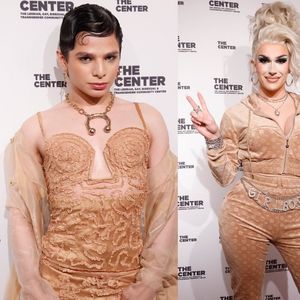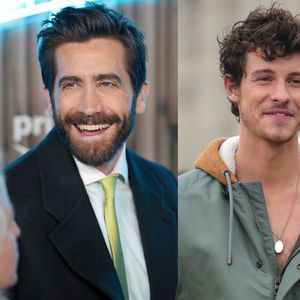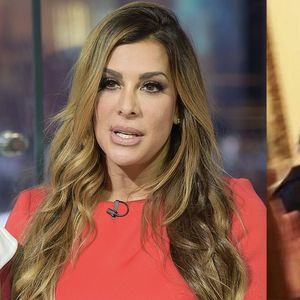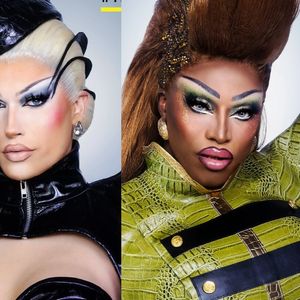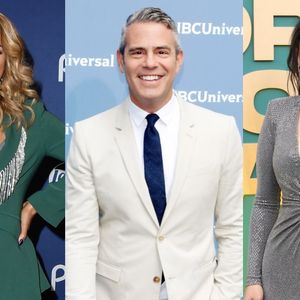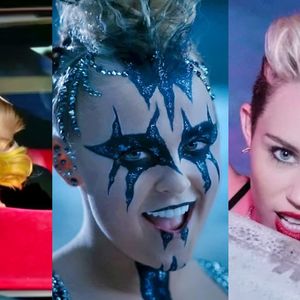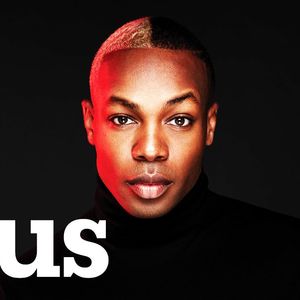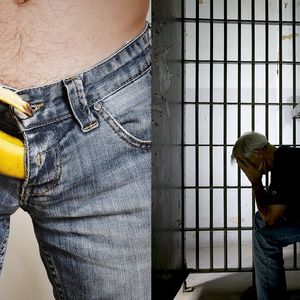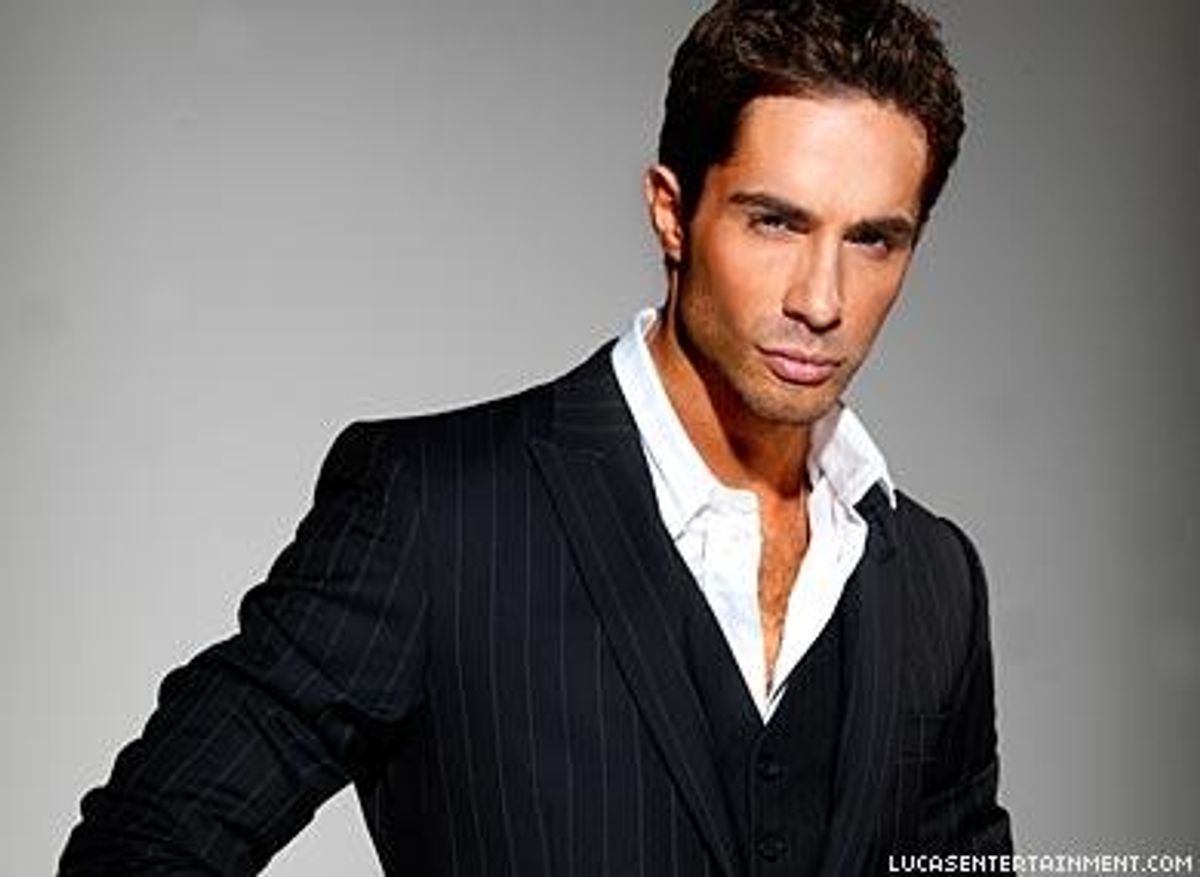
CONTACTStaffCAREER OPPORTUNITIESADVERTISE WITH USPRIVACY POLICYPRIVACY PREFERENCESTERMS OF USELEGAL NOTICE
© 2024 Pride Publishing Inc.
All Rights reserved
All Rights reserved
By continuing to use our site, you agree to our Private Policy and Terms of Use.
Two gay pride parades were held Saturday in Moscow. Unlike in previous years, there was no police brutality and there were no arrests. On one hand, this was a success of sorts, and on the other hand, you could barely call the events "parades": The first event consisted of 25 activists walking down the Arbat, the main pedestrian area in downtown Moscow. After 10 minutes, they were stopped by a line of police and dispersed. Some time later an even smaller international group, including British gay activist Peter Tatchell, unfurled a rainbow flag and shouted "Russia without homophobes." "Today, for gays, it's like the Soviet era in Russia. Peaceful protesters are hunted by the police as if we were criminals," Tatchell said to the Associated Press. Last year's gay parade coincided with the finals of the Eurovision song contest and ended with dozens of arrests. Foreign politicians and pop singers as well as dozens of Russians were attacked by police.
Why does Russia have such a sorry record?
Most obviously, the culprit is Moscow's famously religious and deeply homophobic mayor, Yuri Luzhkov. He refers to the gay pride march as "the satanic parade" and to gay people as "weapons of mass destruction," and has made it a point of personal pride that there would be no gay pride while he was mayor.
Luzhkov, of course, is only a symptom of Russia's deeply ingrained homophobia. This is Russia's legacy: Despite a brief flowering of tolerance after the revolution, Stalin took up where the czars left off. The state vilified gays, and though it accorded superficial tolerance to the elite, everyone else was threatened with a jail term of up to five years. My mother once told me that one of her best friends from university jumped in terror out of the window to his death when the police came to arrest him.
That's why a Moscow pride march would be so important and is yet so difficult to pull off. There is no gay identity in the Russian gay world. Even wealthy, relatively out gays prefer to be proud elsewhere, during the "party prides" in Madrid, London, Amsterdam, etc. But at home, where it's about human rights, they prefer to remain silent.
The leading organizer of Moscow Gay Pride is Nikolai Alekseev, the head of the Russian LGBT Human Rights Project. When I talked to him on the phone a few days before the march, he bemoaned the lack of Western support for Russian gay rights organizations in general and Moscow Pride in particular. "It would be extremely important to have prominent foreign activists at the March," explained Alekseev, "both to give it publicity and a degree of protection from Russian authorities." Only five foreigners participated in this year's pride, among them the irrepressible Peter Tatchell from the United Kingdom and Andy Thayer, head of the Gay Liberation Network, based in Chicago, both of them returning to Moscow after having been arrested and beaten up during previous pride events.
This year, because of the worldwide success of the movie Milk, LGBT Human Rights Project of Russia invited the nephew of Harvey Milk, Stuart Milk, the man who recently came to prominence when he accepted the Presidential Medal of Freedom from President Obama in Harvey's place. He first refused to attend because the U.S. State Department had warned him against participating in an unauthorized march. Then organizers offered him the opportunity to come only for a press conference two days prior and he cited a lack of funds. He was then offered a free ticket, at which point he cut off all communications. That was a major missed opportunity. Russians revere the Oscars, and with its two Oscars for Sean Penn and Lance Black, Milk transcended its subject matter and was shown widely around the country. Anybody associated with the movie or its subject would have gotten major attention from the press.
Russia is a deeply provincial country. It is dark, authoritarian, blustery, macho, and cruel. At the same time, the country is very insecure and sensitive to foreign opinion and criticism. Sustained foreign attention can make a huge difference. When Secretary of State Hillary Clinton last year joined homophobic mayor Luzhkov at the inauguration of a monument to America's gay poet Walt Whitman without saying a word about the situation of gay people in Russia, she missed a big opportunity to make a difference. And the nonparticipation of Western gay rights groups and activists leaves only darkness where an international media spotlight could have shone on the dismal state of gay rights in Russia. Sustained foreign attention would be a powerful medicine against Russian homophobia.
Sadly, it comes in too-small doses for such a deep-rooted disease.
Want more breaking equality news & trending entertainment stories?
Check out our NEW 24/7 streaming service: the Advocate Channel!
Download the Advocate Channel App for your mobile phone and your favorite streaming device!
From our Sponsors
Most Popular
Here Are Our 2024 Election Predictions. Will They Come True?
November 07 2023 1:46 PM
17 Celebs Who Are Out & Proud of Their Trans & Nonbinary Kids
November 30 2023 10:41 AM
Here Are the 15 Most LGBTQ-Friendly Cities in the U.S.
November 01 2023 5:09 PM
Which State Is the Queerest? These Are the States With the Most LGBTQ+ People
December 11 2023 10:00 AM
These 27 Senate Hearing Room Gay Sex Jokes Are Truly Exquisite
December 17 2023 3:33 PM
10 Cheeky and Homoerotic Photos From Bob Mizer's Nude Films
November 18 2023 10:05 PM
42 Flaming Hot Photos From 2024's Australian Firefighters Calendar
November 10 2023 6:08 PM
These Are the 5 States With the Smallest Percentage of LGBTQ+ People
December 13 2023 9:15 AM
Here are the 15 gayest travel destinations in the world: report
March 26 2024 9:23 AM
Watch Now: Advocate Channel
Trending Stories & News
For more news and videos on advocatechannel.com, click here.
Trending Stories & News
For more news and videos on advocatechannel.com, click here.
Latest Stories
Ohio court temporarily blocks ban on gender-affirming care for trans youth
April 16 2024 5:33 PM
How library workers are defending books, democracy, and queer lives
April 16 2024 4:38 PM

Pride
Yahoo FeedKentucky couldn't pass a single anti-LGBTQ+ bill this session — and it's not alone
April 16 2024 2:35 PM
West Virginia can’t ban transgender athletes says federal court
April 16 2024 2:32 PM

































